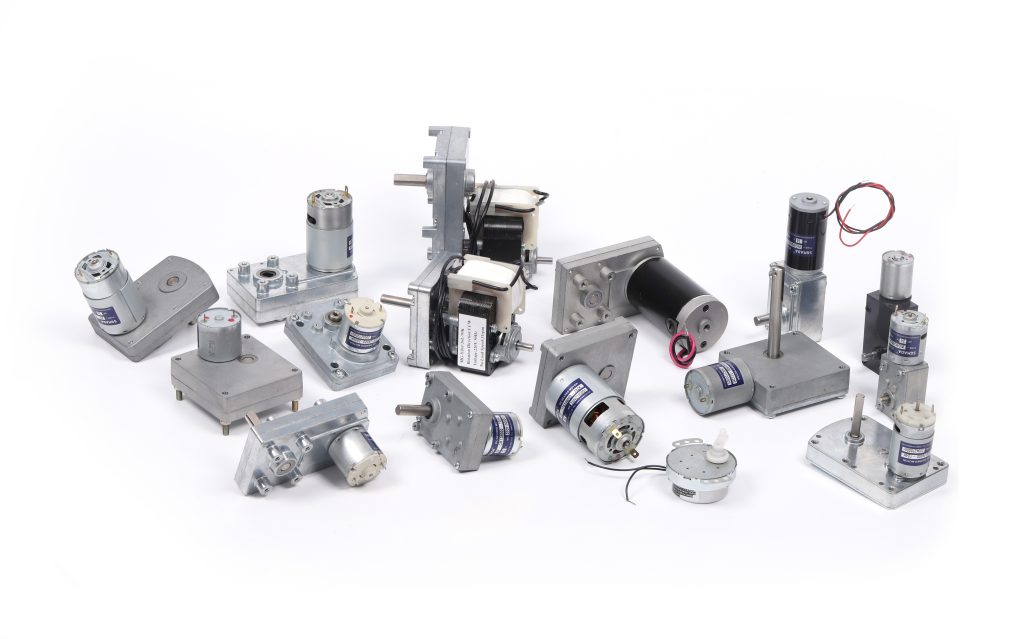Mobile:+86-311-808-126-83
Email:info@ydcastings.com
English
Aluminum Die Casting for High-Precision Pressure Molding Applications and Techniques
The Significance of Aluminium Pressure Die Casting in Modern Manufacturing
Aluminium pressure die casting is a pivotal manufacturing process that has gained immense popularity in various industries due to its ability to produce high-quality, complex parts with excellent surface finishes. This method involves forcing molten aluminium under high pressure into a mold cavity, where it solidifies and takes the shape of the mold. The process offers numerous advantages, making it a preferred choice for manufacturers seeking efficiency and precision.
Advantages of Aluminium Pressure Die Casting
One of the main attractions of aluminium pressure die casting is its efficiency in large-volume production. Once the mold is created, which can be costly and time-consuming, it can be used repeatedly to produce thousands or even millions of castings with consistent quality. This repeatability drastically reduces manufacturing costs per unit, making it an ideal solution for industries that require high quantities of parts, such as automotive, aerospace, and consumer electronics.
Additionally, aluminium itself offers a range of benefits. As a lightweight and corrosion-resistant metal, it is particularly well-suited for applications that require reduced weight without sacrificing strength. The automotive and aerospace sectors benefit from this property, as lighter components lead to improved fuel efficiency and performance. The ability to create intricate designs with minimal post-processing further enhances the appeal of aluminium die casting.
Applications in Various Industries
Aluminium pressure die casting is widely utilized across multiple sectors. In the automotive industry, it plays a crucial role in manufacturing components such as engine blocks, transmission housings, and structural parts. These components not only require precision and durability but also contribute to the overall weight reduction of vehicles, which is a critical factor in modern automotive design.
aluminium pressure die casting

The aerospace industry also benefits significantly from this casting technique. Aircraft components must meet stringent safety and performance standards while remaining lightweight. Aluminium die casting provides the necessary balance of strength and weight, making it an ideal choice for parts like brackets, housings, and panels.
Moreover, the consumer electronics sector has seen a surge in the use of aluminium die cast products. From mobile phone chassis to laptop casings, the aesthetics and durability of aluminium make it an attractive option for manufacturers aiming to produce sleek, robust, and lightweight devices.
Environmental Considerations
As sustainability becomes increasingly critical in manufacturing, aluminium pressure die casting stands out as an environmentally friendly option. Aluminium is highly recyclable, and the scrap generated during the casting process can be melted down and reused, reducing waste and conserving natural resources. This recycling capability not only lowers the carbon footprint associated with production but also aligns with the growing demand for sustainable manufacturing practices.
Challenges and Innovations
Despite its advantages, aluminium pressure die casting is not without challenges. The initial costs of creating molds can be substantial, and the process requires careful temperature control and tooling precision to avoid defects such as porosity or dimensional inaccuracies. However, advancements in technology, such as the development of computer-aided design (CAD) and simulation programs, have significantly improved the design and execution of die-casting processes. These innovations allow manufacturers to optimize mold design and process parameters, reducing lead times and enhancing product quality.
In conclusion, aluminium pressure die casting is a vital process in modern manufacturing that offers numerous benefits, including high efficiency, excellent mechanical properties, and environmental sustainability. Its applications across diverse industries, coupled with ongoing technological advancements, ensure that it will continue to be a key player in the production of lightweight, high-performance components. As industries evolve and demand shifts towards more sustainable solutions, the significance of aluminium pressure die casting will only grow, paving the way for innovation and efficiency in manufacturing processes.
-
Materials Used in Manufacturing Cap End Pipe FittingsNewsNov.24,2025
-
Material Properties of CF8M CastingNewsNov.24,2025
-
How to Inspect Pump Cap Ends for DamageNewsNov.21,2025
-
Backward Curved Impeller – Efficient Airflow Solutions for Industry | YD CastingsNewsNov.21,2025
-
Automobile Water Pump - Efficient, Quiet, Durable & ElectricNewsNov.21,2025
-
Impeller for Pumps – High-Efficiency, Durable, OEM-ReadyNewsNov.21,2025











